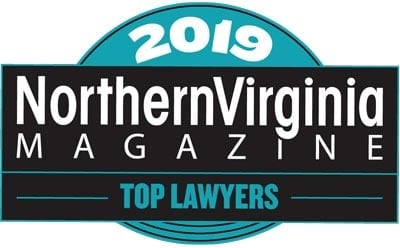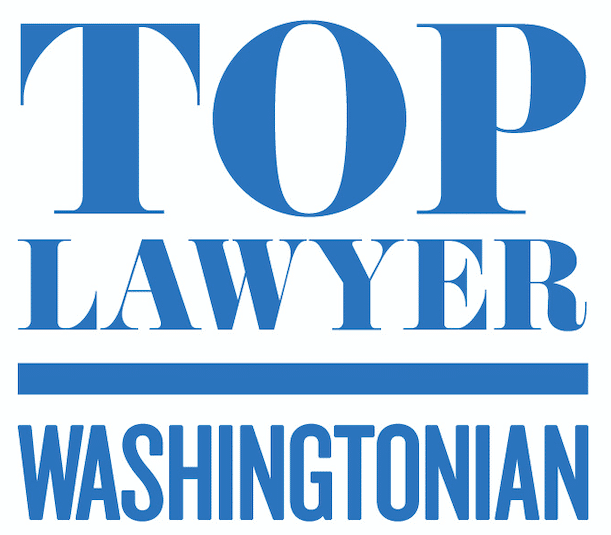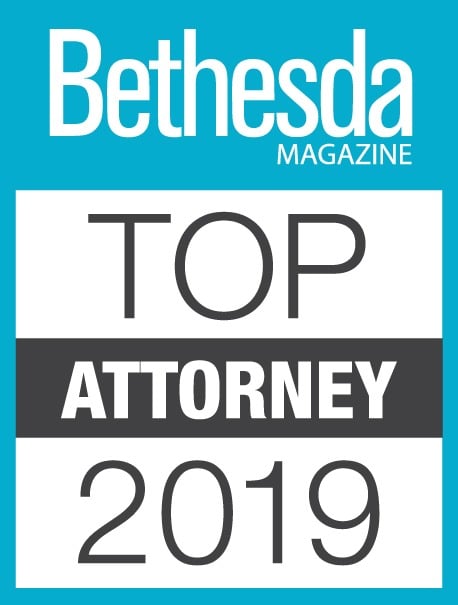
OUR FIRM IS NOT HANDLING ANY CASES CONCERNING PUBLIC SECTOR OR PRIVATE SECTOR VACCINE MANDATES.
Civil Rights Laws Prohibit Religious Discrimination
The top-rated discrimination lawyers at Zuckerman Law are deeply committed to zealously advocating on behalf of victims of religious discrimination. It is illegal and contrary to bedrock American values for an employer to discriminate against an applicant, employee, or former employee based upon the individual’s religious beliefs.
Title VII of the 1964 Civil Rights Act makes it unlawful for an employer to refuse to hire, promote, fire, etc. a person because of their religion. This applies to established religions such as Islam, Judaism, Hinduism, and Christianity, as well as less common religions so long as the person’s religious, moral, or ethical belief is held sincerely.
U.S. News and Best Lawyers® have named Zuckerman Law a Tier 1 firm in Litigation – Labor and Employment in the Washington DC metropolitan area. Contact us today to find out how we can help you. To schedule a preliminary consultation about religious discrimination in the workplace, call us at 202-769-1681, or click here.
Click here to see our videos answering frequently asked questions about discrimination and retaliation.



Harassment/Hostile Work Environment Religious Discrimination Cases
Employers cannot allow a hostile work environment based on religious discrimination to fester. Although sporadic teasing or unpleasant remarks do not constitute a hostile work environment, if the employee is subjected to unwelcome statements or conduct based on their religion that become severe or pervasive, then the employer may be liable for this harassment.
Reasonable accommodations for religious beliefs
Also, if a conflict exists between the employee’s sincerely held belief and the job requirements, the employer may be required to accommodate the employee’s religious beliefs. After the employee notifies the employer about the conflict and requests an accommodation, the employee and the employer should discuss possible accommodations. If the modification creates an undue hardship for the employer, then it need not be granted. Absent an undue hardship, however, the employer should provide a reasonable accommodation that eliminates the conflict between the religious belief and the work responsibility.
Assuming no undue hardship exists, these are examples of potential accommodations:
- Changing shift/break schedules to allow for prayer time;
- Allowing an employee to wear a face mask rather than shave his beard as otherwise required by the company policy; and/or
- Switching job tasks that conflict with the religious beliefs.
In a December 2019 amicus curiae brief in Patterson v. Walgreens, the Solicitor General advocated the following standard to assess undue hardship:
Under those ordinary meanings, an employer’s “accommodation” of an employee’s religious practice must be suitable to meet the employee’s religious needs— that is, it must actually allow the employee to engage in the religious practice without adverse employment consequences. That is possible only if it eliminates the con- flict between the employee’s religious practice and work. . . Instead, the statute should be read to require the employer to reasonably accommodate the employee’s religious practice to the extent that it can without suffering an undue hardship. If the employer demonstrates that every complete accommodation would result in an undue hardship, it still must offer what might be called a “partial” accommodation that would not result in undue hardship. Cf. Estate of Thornton v. Caldor, Inc., 472 U.S. 703, 712 (1985) (O’Connor, J., concurring) (“Title VII calls for reasonable rather than absolute accommodation.”).
Interplay Between Religious and National Origin Discrimination
Discrimination based on religion is often associated with national origin, race, and color discrimination as well. If a particular religion is linked to a specific country/region, then the employee may be subjected to both religious and national origin discrimination (for example, a Muslim employee from Yemen).
If an employee requests a religious accommodation, this is generally viewed as protected activity, which means the employer may not then retaliate against the employee because of their request.
What to do if you experience religious discrimination
If you believe your employer subjected you to religious discrimination, you should consider the following options:
- File a written complaint and follow your company’s policy for submitting internal complaints;
- You may also want to file a charge of discrimination with the EEOC. Their website has helpful information on how to file the complaint and, although you cannot file the complaint online, you can file in person, by telephone, or by mail. Depending on where you live, your complaint must be filed within 180 or 300 days of the discriminatory act. If you have any questions about whether the EEOC is the right place to file, use their online assessment center, which will help you decide if the EEOC is the correct agency,
- Talk about your legal options with an experienced employment law attorney. Given time bars that apply to discrimination claims, it is vital to get the right advice as early as possible in your case.
Resources about religious discrimination in employment
Muslim employee who was allegedly told to remove that “rag” from her head gets new day in court
EEOC Guidance on religious discrimination
EEOC FAQs for Middle Eastern employees
DOJ/Civil Rights Division Religion Roundtable periodical
Religious Discrimination Lawyers Serving Employees in Maryland, Virginia and Washington DC

Bachman writes frequently on employment discrimination issues at the Glass Ceiling Discrimination Blog.
Contact us today to find out how we can help you with a religious discrimination case. To schedule a preliminary consultation, click here or call us at (202) 769-1681.
| Washington DC | Maryland | Virginia |
|
1629 K Street, NW
Suite 300
Washington, DC 20006
(202) 769-1681
By Appointment Only
|
5425 Wisconsin Avenue
Suite 600
Chevy Chase, MD 20815
(202) 769-1681
By Appointment Only
|
1934 Old Gallows
Rd #350 Tysons, VA 22182
(571) 288-1309
By Appointment Only
|






